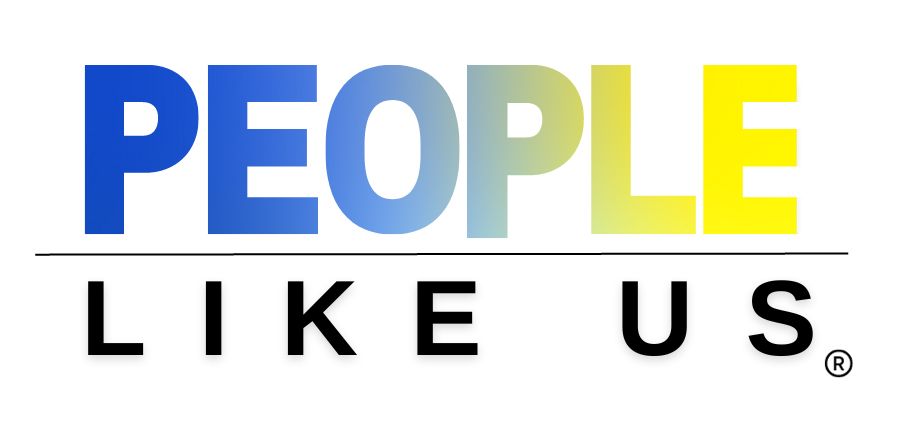Pros and Cons of Skills-Based Hiring Over Degrees
The executive recruitment landscape has seen a notable shift from traditional degree-based hiring to skills-based hiring.
This transition reflects the growing recognition that specific competencies and real-world experience can be more valuable to a company's success than a candidate's formal education.
But what does skills-based hiring over degrees truly entail, and how might it reshape the way we recruit top-level talent?

What Does Skills-Based Hiring Over Degrees Mean?
Skills-based hiring refers to evaluating candidates based on their abilities, competencies, and experience rather than focusing solely on their educational qualifications.
In contrast to the traditional approach, which prioritises degrees and formal credentials, this model emphasises practical skills and knowledge that align directly with job requirements.
For executive recruitment, this approach means prioritising candidates who demonstrate leadership, problem-solving, and industry-specific skills, regardless of their academic background.
Pros & Cons of Skills-Based Hiring
Pros –
- Broader Talent Pool: Skills-based hiring opens up the recruitment process to a larger, more diverse pool of candidates. By not limiting talent searches to degree holders, companies can identify individuals who have developed strong skills through alternative education, on-the-job training, or personal initiative.
- Faster Hiring Process: Companies can often identify qualified candidates more quickly by focusing on demonstrated skills rather than screening for specific degrees. This can significantly reduce recruitment time, allowing businesses to fill critical roles faster.
- Improved Performance and Retention: Employees hired based on their skills are more likely to excel in their roles. This leads to better job performance and higher employee satisfaction, ultimately improving retention rates.
- Cost-Effectiveness: Businesses can reduce the costs associated with lengthy recruitment processes and potentially avoid the higher salary demands often tied to candidates with advanced degrees.
Cons –
- Lack of Standardisation: Without degree requirements, it can be more challenging to assess and compare candidates' qualifications on a standardised level.
- Overlooking Soft Skills: The focus on technical or job-specific skills may lead to the undervaluing of soft skills like communication, teamwork, and emotional intelligence—critical attributes for executive roles.
- Bias Against Traditional Candidates: While skills-based hiring is designed to be inclusive, there's a risk of creating bias against those with traditional qualifications.

How to Implement Skills-Based Hiring in Your Executive Recruitment Strategy
With the rise of digital transformation and technological innovation, the demand for adaptable, skilled professionals who can deliver immediate impact has never been higher.
Implementing a skills-based hiring approach requires a fundamental shift in how candidates are assessed. Here are a few steps to consider:
- Revise Job Descriptions: Clearly outline the skills, competencies, and experiences necessary for the role. Instead of listing degree requirements, focus on the abilities candidates need to succeed.
- Utilise Skill Assessments: Use pre-employment tests or real-world tasks that allow candidates to demonstrate their skills. This can be especially useful for executive roles, where leadership, strategic thinking, and decision-making skills are crucial.
- Train Hiring Teams: Ensure your recruitment teams are equipped to evaluate candidates based on their skills. This may involve providing training on how to assess both hard and soft skills effectively.
- Promote Internal Mobility: Encourage existing employees to develop new skills and apply for internal positions, creating a culture of continuous learning and growth.
The Future of Executive Recruitment:
A Skills-Based Landscape
As Australia's executive recruitment sector continues to evolve, skills-based hiring is likely to become a dominant strategy. Companies are recognising that while degrees may indicate a level of education, they do not always guarantee the skills needed for leadership success.
In today's fast-paced world, adaptability, problem-solving, and real-world experience are increasingly becoming the currency of talent.
For executive recruitment firms like People Like Us®, staying ahead of this trend means adapting to a new mindset—one where the true value lies not in academic qualifications but in the tangible skills that can drive a company forward.
Contact us for industry-leading insights into hiring the right people.
Contact Us










